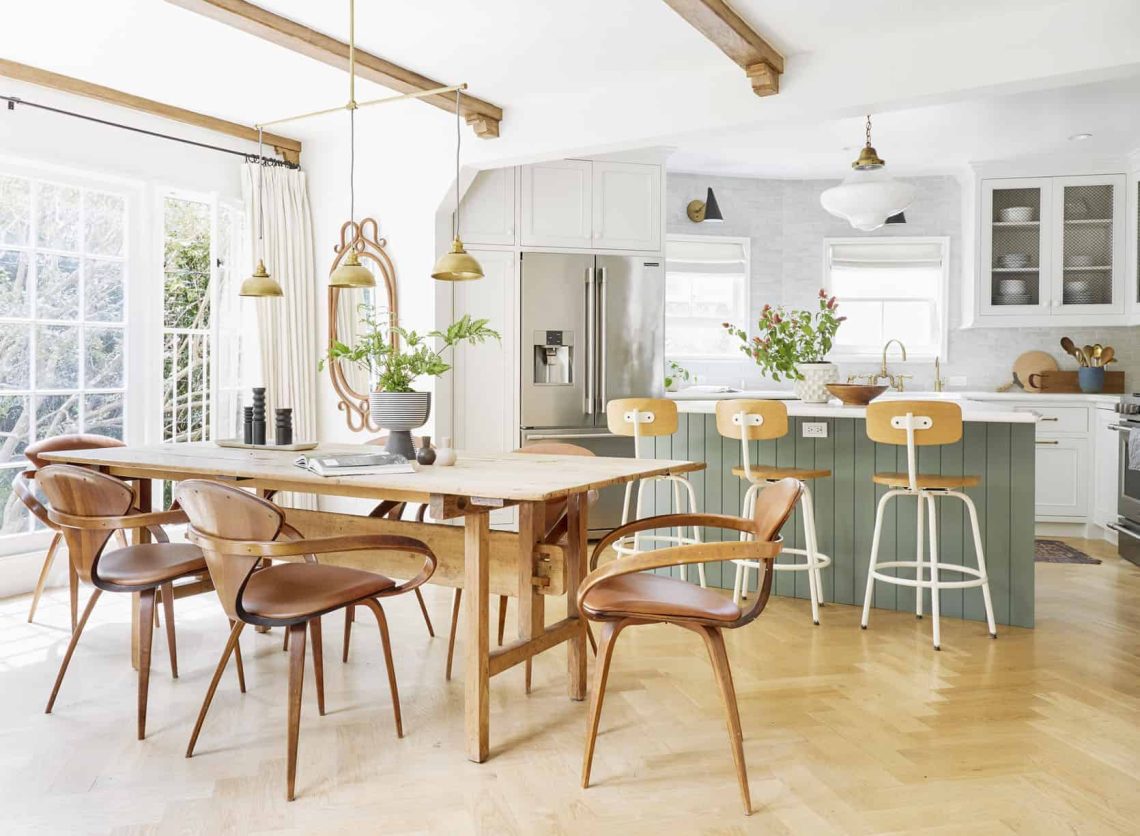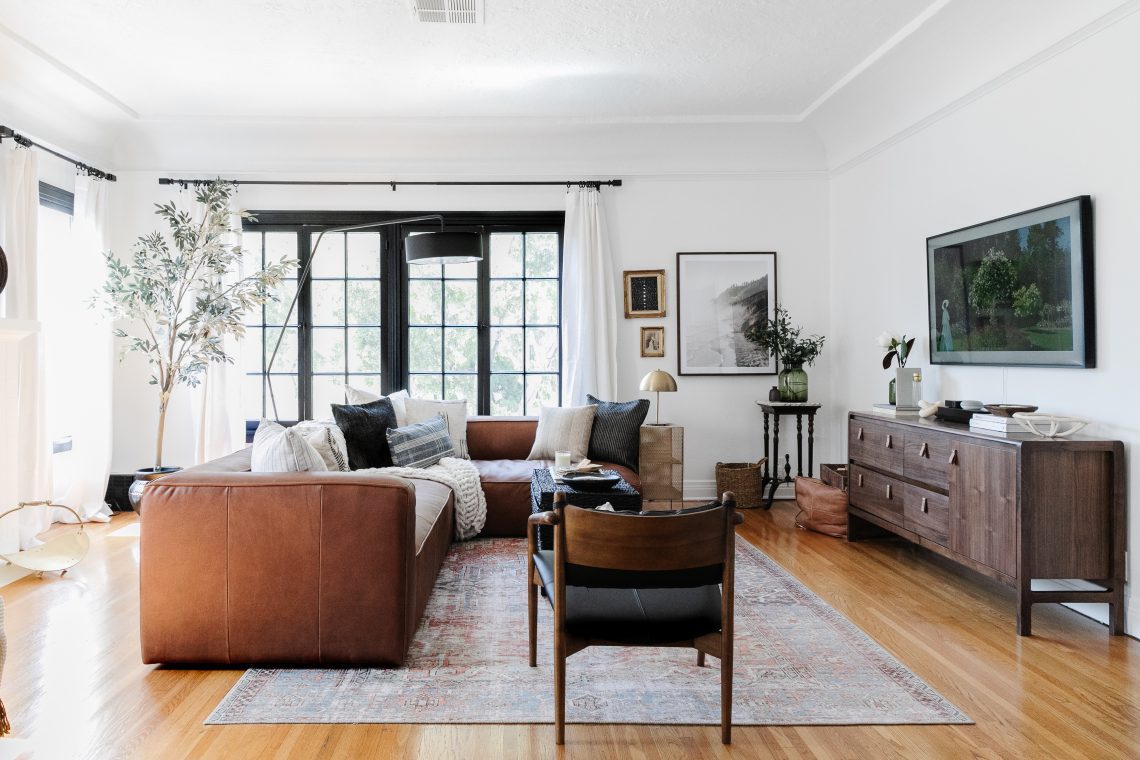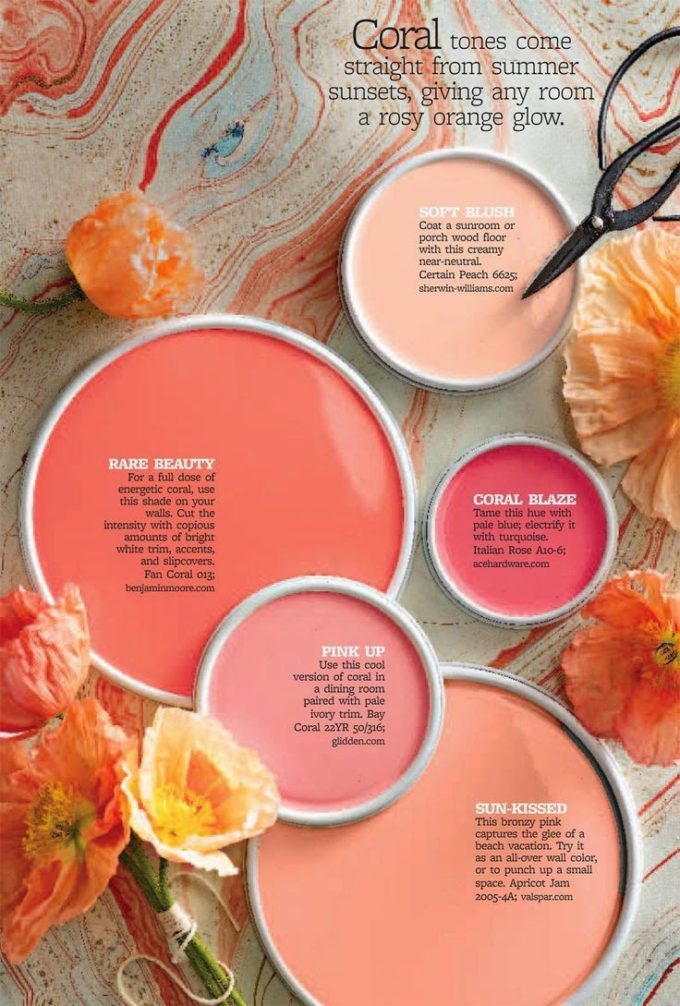Fancy a year’s subscription to Ideal Home and Biscuiteers? Now is your chance
It’s competition time…
Since the pandemic, the importance of home and how we live in our space has continued to be top of mind for so many people. We purchased a new home in North Carolina last Christmas, and after a six month lease back to the former owners, we started a renovation around Labor Day. We finally moved in last week!
While we worked with an interior design firm in LA to help us with the majority of the project, we will have to finish the bells and whistles (styling and accessories) over time. But…that’s really as it should be. Your house should feel collected, not like you went to Crate and Barrel and just bought everything from Athena Calderone’s collection (ahem, note to self, but it’s soooo good!).
There are so many resources for design, and while I do love a great home tour for inspiration, my favorite blogs are the ones that actually give solid tips and help you figure out what size rug you need or what kind of side table would work next to your sofa. On that note, I have rounded up my favorite design blogs that check all of those boxes. If you have a favorite that I missed, let me know in the comments. Happy New Year!

1. Style by Emily Henderson: There is truly no better blog for showcasing HOW to do everything from measuring your curtains to finding the perfect budget sofa to figuring out what size rug you need. I love that Emily shares her thought process and takes you along for the journey, unafraid of spilling all her best secrets.

2. Drew Scott of Lone Fox. Full disclosure, he’s my client over at The Storied Group. And he is incredible. He is one to watch in the DIY home space, showcasing his easy, affordable “daily dose of DIY.” From full room makeovers to simple decor hacks, he will keep your creative juices flowing.

3. EyeSwoon: It’s easy to dismiss Athena Calderone as excruciatingly perfect, but what I love about her blog is that while everything looks super high end, she has a generous mix of affordable decor. She sources a lot from stores like CB2, and bonus—her recipes are incredible too.

4. Chris Loves Julia: Down to Earth and full of incredible DIY ideas, my favorite part about this blog is all the incredible resources. Some designers really don’t want to tell you where they shop or “trade secrets.” They share them all! Lucky us!

5. Tao of Dana: My friend Dana is a feng shui master, and before you think that sounds like a bunch of hooey fooey, she’s way more into practical ways to fix your space to foster creativity and build your dream life. She loves color, plants, art, and helps you declutter to make room for more of what you really want.

6. Becki Owens: Every single image she posts is my dream home. Her blog gives so many great shopping roundups and inspiration from her projects that are always classic, but on trend.

7. Sarah Sherman Samuel: Sarah is also an LA based designer, and I love her renovation stories and that she, too, will share her resources with reckless abandon!

8. Shea McGee: I am so obsessed with her aesthetic, and I love that she has an entire online store now. I go to her blog multiple times a month to get inspiration, and it’s almost certain that I will find exactly what I’m looking for.
PS. See my own home tour complete with before and after shots and all resources!
The post The Best Interior Design Blogs to Follow in 2023 appeared first on The Sought After.
